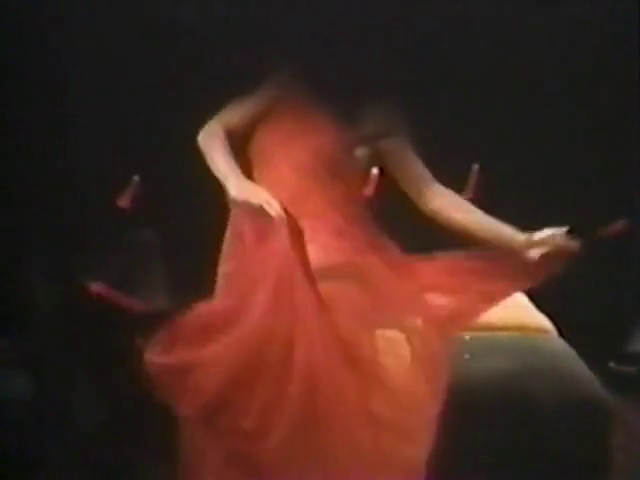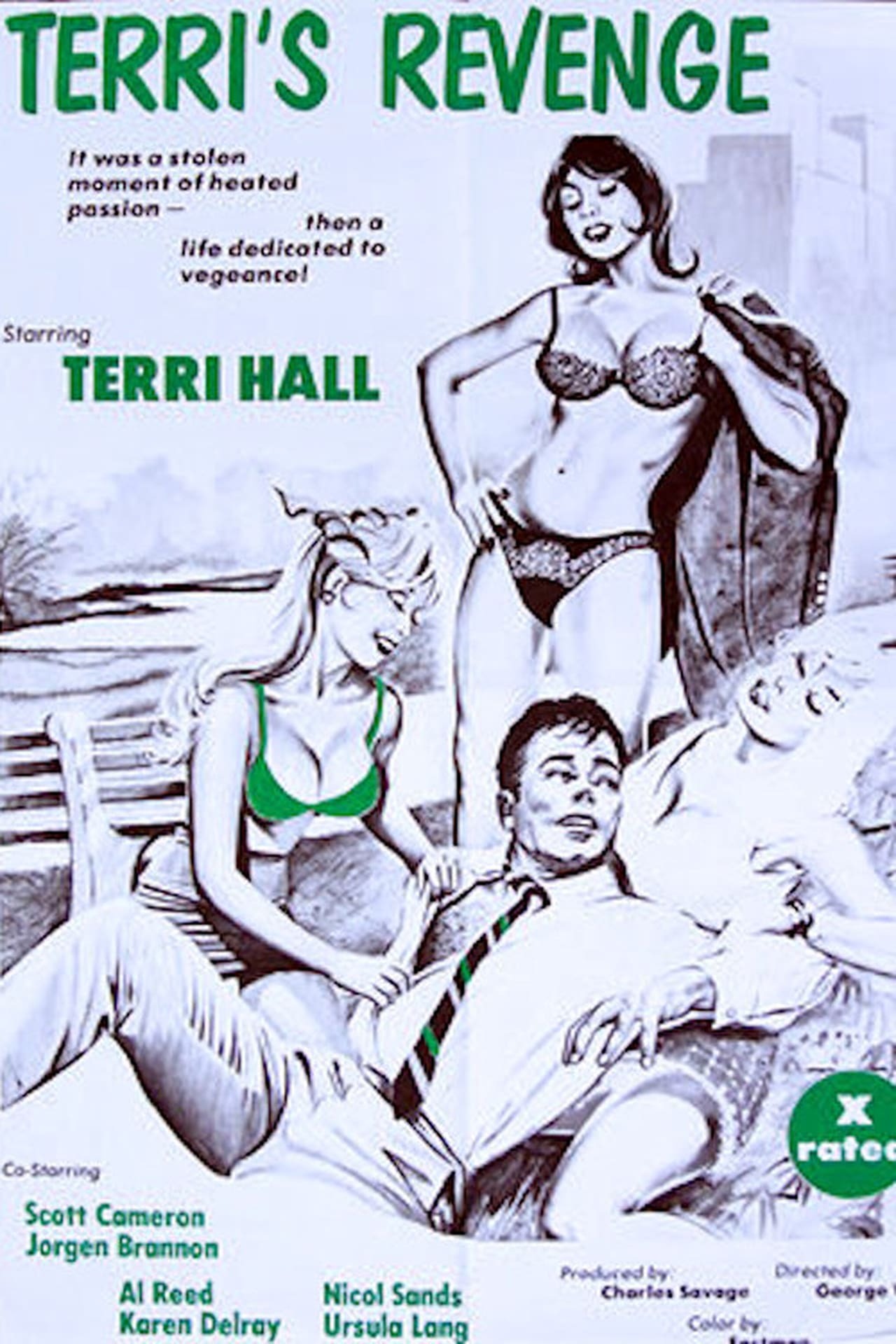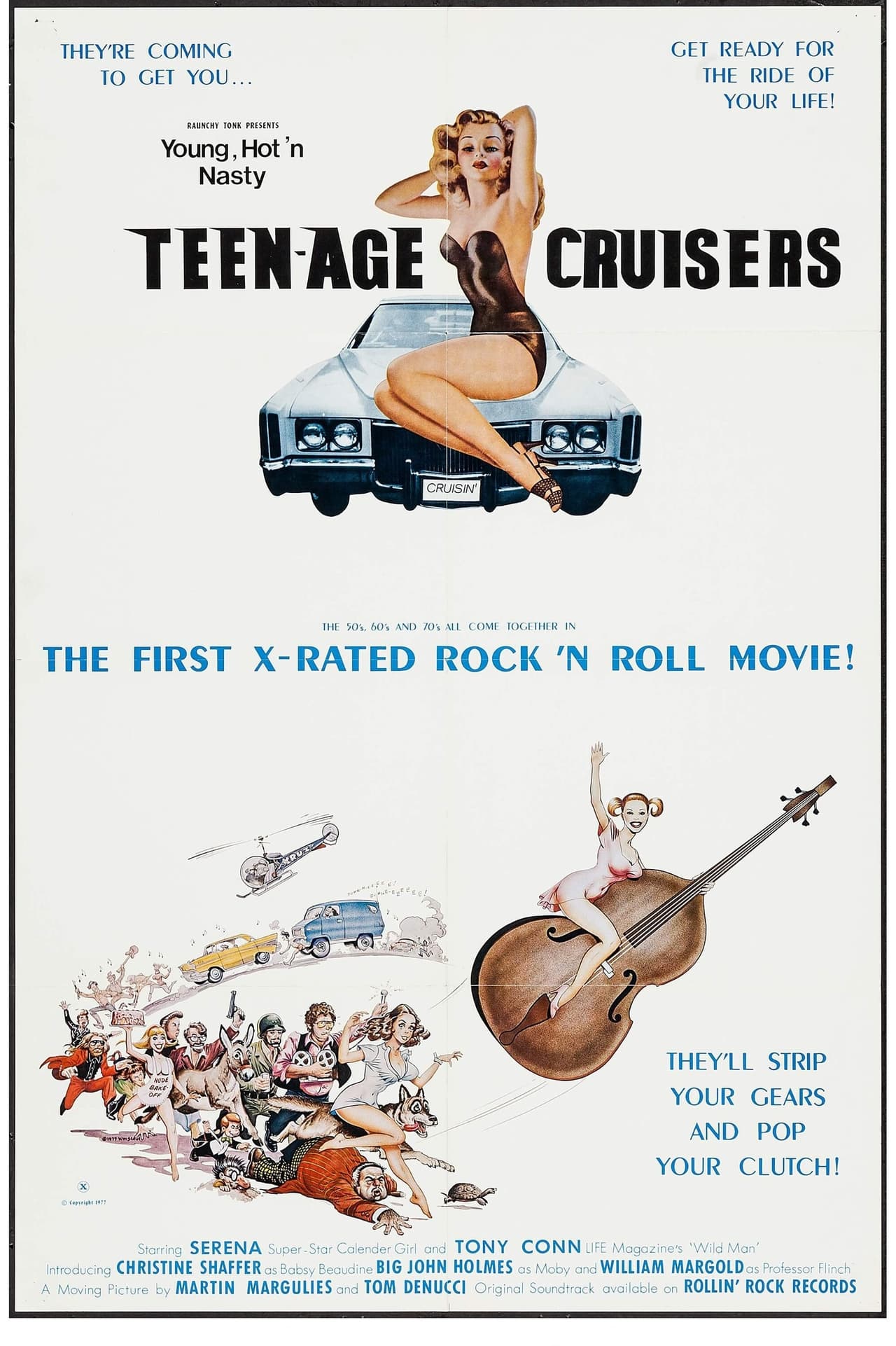
When I started my first full time, permanent job after graduation, like with many corporate jobs, I got to attend a bunch of orientation workshops. Most of these were pretty standard "what it's like to work at this company" sort of stuff that didn't stay with me, and to be honest, I was mostly counting the hours until I could get back to my day job. Some of these however did try to instill in us soft skills that might be useful to us in our careers. There was one pretty surreal one about dining table etiquette, insisting that things should only be passed around the table in one direction (I forget if it was clockwise or counter-clockwise, but the specifics were apparently very important) and that we should keep our hands on the edge of the table at all times, because otherwise people wouldn't know what we're doing with them. (This was generally considered the comedic highlight of the event.) But there was also one about your personal brand, which normally sounds like the vague ******** I'd hoped to leave behind in my undergraduate studies, but here was focused on fairly specific and practical advice (where to do your shopping, what to focus on in terms of alterations, etc.). I found this especially useful as at the time I dressed like shit and had no real concept of these things. But one thing did stay with me, in a not so positive way. The person running the workshop insisted that women would be perceived less seriously than men, and to compensate, a woman needed to at least be wearing a blazer in order to be taken as the equal of a man in a dress shirt and dress pants (but no blazer or suit).
This is something that came back to me as I watched Mike Nichols'
Working Girl, which is essentially about this idea. The heroine looks to get ahead in business and has the smarts and gumption to do so, but because of a number of factors (primarily her gender, but also her class), she struggles to be taken seriously until she stumbles into a golden opportunity when her new boss ends up out of commission due to a skiing accident. The movie is mostly a lighthearted comedy and does not force upon the proceedings any sort of pat arc about the heroine losing her soul as she succeeds professionally, but at the same time is very astute about the extent to which she has to manage the way she presents herself in order for her gambit to work. And it's also perceptive about the way these unspoken rules place an extra burden on women. The villain of the piece is represented by the heroine's boss, who initially planned to steal her idea and pass it off as her own, but there is the suggestion that her sociopathy is arguably a survival mechanism in the ruthless corporate world. When we first meet this character, she seems to be saying all the right things to get us on her side, but the movie subtly interrogates a certain misogyny in our gaze. Nothing she says or does seems all that reassuring. But why?
Interestingly, this is set in the world of finance and was released after
Wall Street and the stock market crash of 1987. Yet it seems fairly indifferent to that line of work, other than as a representation of a flashy, high-powered business world. (Were this remade now, it would likely be about tech bros in Silicon Valley. The actual industry is beside the point.) And of course, being set in that world, it features no shortage of impeccably dressed characters. But the main concern from a makeup and costuming perspective seems to be the characters' hair. The hairdos here are largely architectural wonders, defying gravity through ungodly amounts of hairspray and who knows whatever product. The heroine's transformation pointedly includes her trimming her voluminous coiffure into a more compact, business-like helmet, while the male lead's relatively unpretentious haircut suggests to us that, unlike most of the men in this movie, he might actually be a good guy.
The casting is crucial to the film's success. With respect to Melanie Griffith, Ebert cites a commonality with her roles in
Body Double and
Something Wild in the characters' desires for respectability. This is correct, but I think what's really key here is the way she's able to imbue some warmth into characters with hard exteriors, a quality which keeps us firmly on her side. (I think you can add her role in
Fear City to this group.) As her boss, Sigourney Weaver nails a certain subtle iciness meant to keep us on her toes about her intentions, and while she's out of commission for most of the movie, makes her return by tapping into some of the physicality of her better known roles. And as the love interest, Harrison Ford, who I think sometimes doesn't get the respect he deserves as an actor, displays almost perfect comedic timing, like in a scene where he leans in to kiss Weaver and quickly leans back to avoid her embrace without missing a beat. There are also some great supporting performances, including Joan Cusack as Griffith's friend, representing the before to Griffith's after, Alec Baldwin as Griffith's dumbass boyfriend, and a certain disgraced actor in a sleazy cameo that now reads as hilariously on the nose. And of course, much credit goes to Mike Nichols for putting this all together in a sturdy, consistently engaging package, his direction so good as to be invisible.











